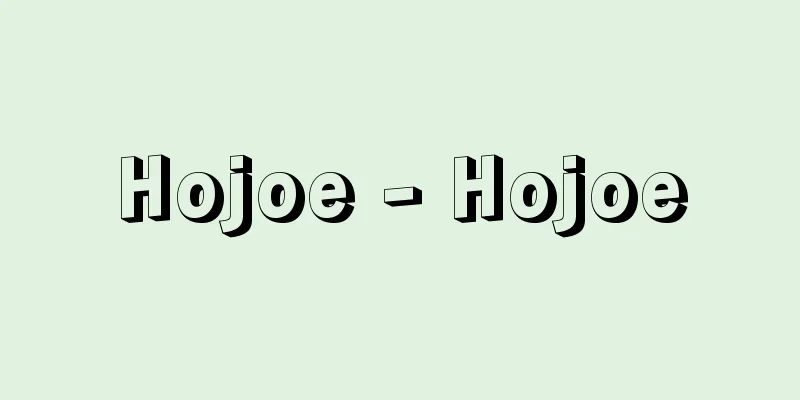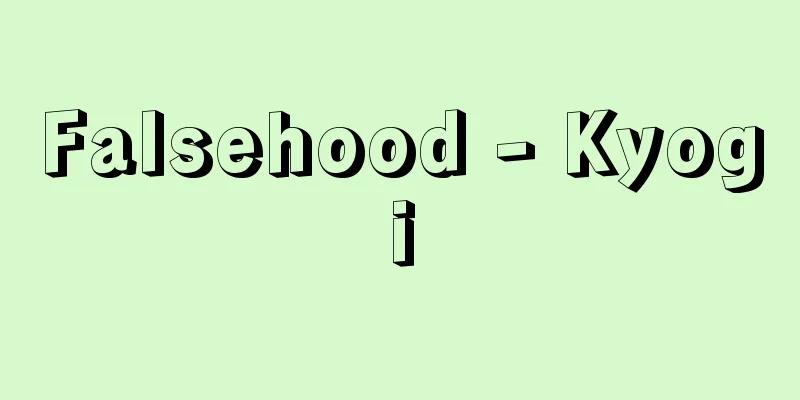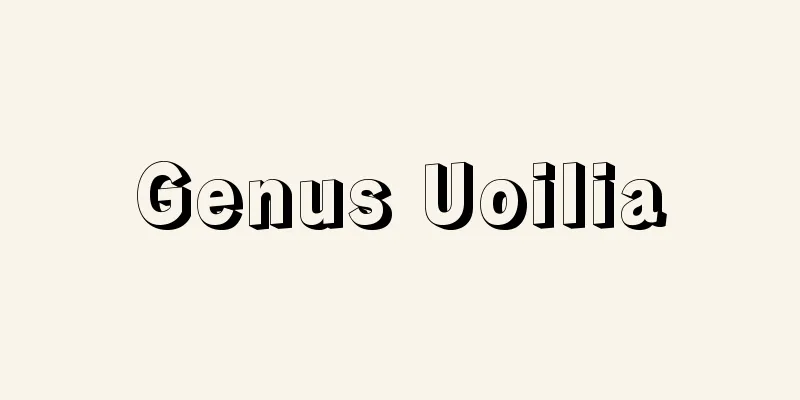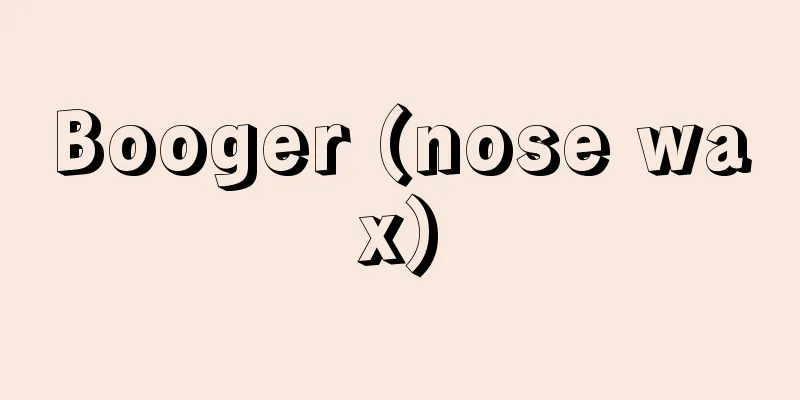Hojoe - Hojoe

|
Based on the Buddhist precepts of not killing or eating meat, this is a ritual in which birds, fish, and other creatures are released into the fields or sea to save their lives. The Brahma Net Sutra states that living creatures may be our parents in our past lives, so we should save their lives, teach them, and perfect the path to Buddhism. The Golden Light Sutra states that when Shakyamuni was a wealthy man with flowing water in his past life, he had 20 large elephants carry water for a fish that was about to die when the water was stopped, and saved its life, allowing it to be reborn in Trayastrimsa Heaven. Mahayana Buddhist scriptures recommend releasing living creatures. There is a famous story about Tiantai Zhiyi, who built a pond to release living creatures at the end of the Northern and Southern Dynasties period in China, and stopped killing. In Japan, since the release of animals in 578 (the 7th year of Emperor Bidatsu's reign), rulers and powerful families have held Hojoe ceremonies, and ordinary people have also released animals as acts of mercy and to avoid disasters. The Hojoe ceremonies at Iwashimizu Hachimangu and Usa Hachimangu shrines have a history of being started as atonement for the sin of losing lives in war. It is also well known that Eison bestowed bodhisattva precepts on fishermen at Byodo-in Temple in Uji, rebuilt Hojoin temple, and established places where killing is forbidden along the Uji River and elsewhere. [Akio Kiuchi] Usa City, Oita Prefecture © Tourism Oita Public Interest Incorporated Association "> Usa Shrine Mid-Autumn Festival (Hojoe) Source: Shogakukan Encyclopedia Nipponica About Encyclopedia Nipponica Information | Legend |
|
仏教の不殺生(ふせっしょう)、不食肉の戒めに基づき、鳥魚などを野や海などに放って命を救う法会(ほうえ)。『梵網経(ぼんもうきょう)』に、生類は人間の前世の父母かもしれないから、その命を救い、教えて仏道を完成させてやるべきだといい、『金光明経(こんこうみょうきょう)』には、釈迦(しゃか)が前世で流水長者であったとき、流れを止められ死にそうな魚のために、20頭の大象に水を運ばせこれを注いで命を救い、忉利天(とうりてん)に生まれさせたなどと、大乗仏典に放生を勧めている。中国南北朝時代末の天台智顗(ちぎ)が放生池をつくり殺生を止めた話は有名である。日本では578年(敏達天皇7)の放生以来、為政者や権門が放生会を営み、あるいは一般でも慈悲(じひ)行、災いの回避を目的として放生が行われた。石清水八幡宮(いわしみずはちまんぐう)、宇佐八幡宮の放生会は、戦乱で死者を出した罪の償いとして始められた歴史がある。また、叡尊(えいぞん)が宇治平等院で、漁民に菩薩戒(ぼさつかい)を授け、放生院を再建し、宇治川などに殺生禁断の場所を設けたことなどはよく知られている。 [木内曉央] 大分県宇佐市©公益社団法人ツーリズムおおいた"> 宇佐神宮仲秋祭(放生会) 出典 小学館 日本大百科全書(ニッポニカ)日本大百科全書(ニッポニカ)について 情報 | 凡例 |
Recommend
Asama Daimyojin Shrine
...A polytectonic active volcano that straddles K...
Ashide Utagire - Utagire with feet
...In addition to the Chinese character 'heav...
Cloth mask - Fusakumen
There are 32 masks preserved in the Shosoin Reposi...
Metal oxide semiconductor
… [Development of MOS ICs] Meanwhile, research in...
Salvation - Squi
1. To save; to rescue; to save. Salvation "&q...
Collection of works by the regent Ichijo - Ichijo Sessho Gyoshu
This is a private collection of poems by Fujiwara...
Nostalgia - Boukyou
A novel by Ikeya Shinzaburo, published in 1925. It...
Sturgeon, William
Born: 22 May 1783, Whittington, Lancashire [Died] ...
Spotted chub mackerel
A marine fish belonging to the family Scombridae,...
Adaka style pottery - Adaka style pottery
...This is an inland bay shell mound where agemak...
Intervening sequence - Intervening sequence
Introns are the parts of a gene that have no genet...
Gardena
...During World War II, they were labeled as enem...
Lilburne - John Lilburne
A leader of the Levellers during the Puritan Revo...
Morrison, Toni
Born: February 18, 1931 in Lorraine, Ohio [Died] A...
Morchella elata (English spelling) Morchella elata
…[Tsubaki Keisuke]. . . *Some of the terminology ...









